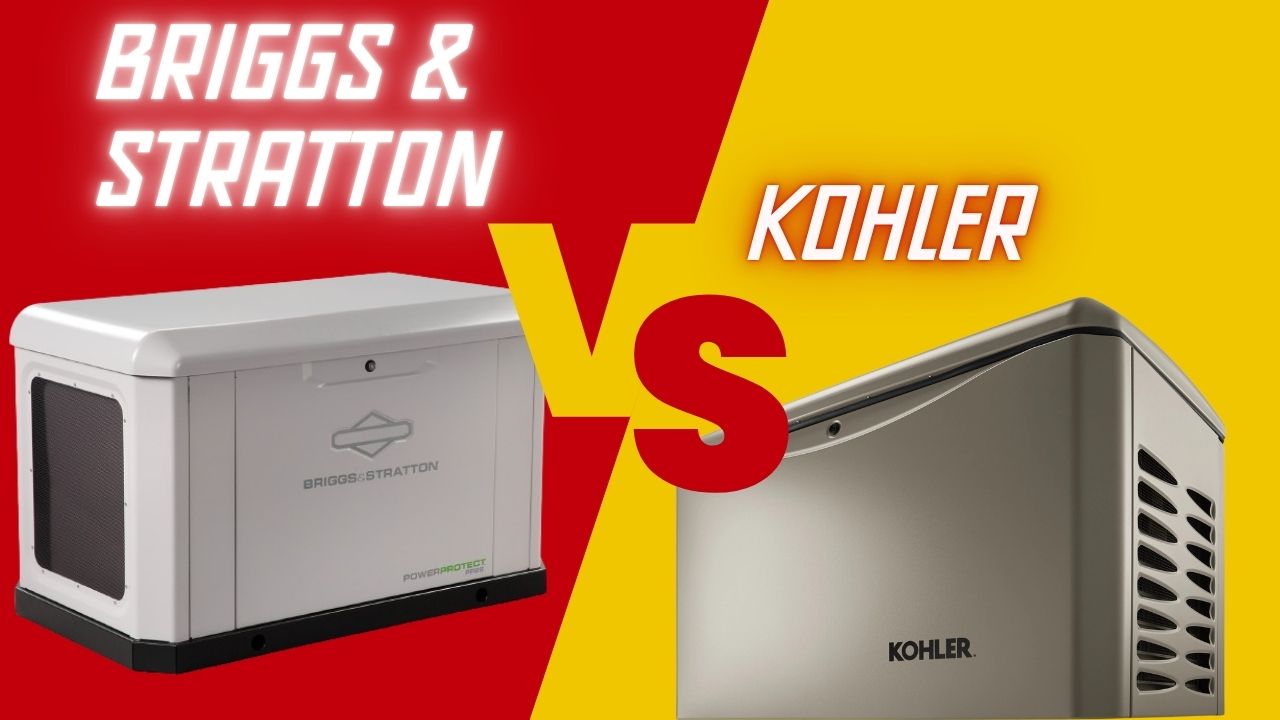Generators are essential devices, capable of providing backup power during outages and in remote areas. When it comes to generators, two brands often spark debate among customers: Kohler and Briggs & Stratton. This in-depth comparison will explore the strengths and weaknesses of each, aiding you in making a more informed decision.

Kohler Generators: An Overview
Kohler has been a renowned name in the power equipment industry for over a century, establishing a reputation for reliability and innovation. Their generators are known for their durability, efficiency, and advanced technology.
Pros of Kohler Generators
Cons of Kohler Generators
Briggs & Stratton Generators: An Overview
Briggs & Stratton is another industry leader in the field of power equipment. They are praised for their wide range of products, affordability, and dependability.
Pros of Briggs & Stratton Generators
Cons of Briggs & Stratton Generators
Key Considerations When Choosing a Generator
Before deciding between Kohler and Briggs & Stratton, consider the following:
The decision between Kohler generators and Briggs & Stratton generators largely depends on your specific needs and preferences. Both brands offer reliable products, but they differ in aspects such as price, noise levels, fuel efficiency, and advanced features. Kohler stands out for its durable build, quiet operation, and modern features, but comes at a higher initial cost. Meanwhile, Briggs & Stratton offers affordability, ease of use, and excellent customer service, albeit with potentially higher noise levels and fuel consumption. Therefore, carefully consider your unique requirements before choosing the right generator for you.

